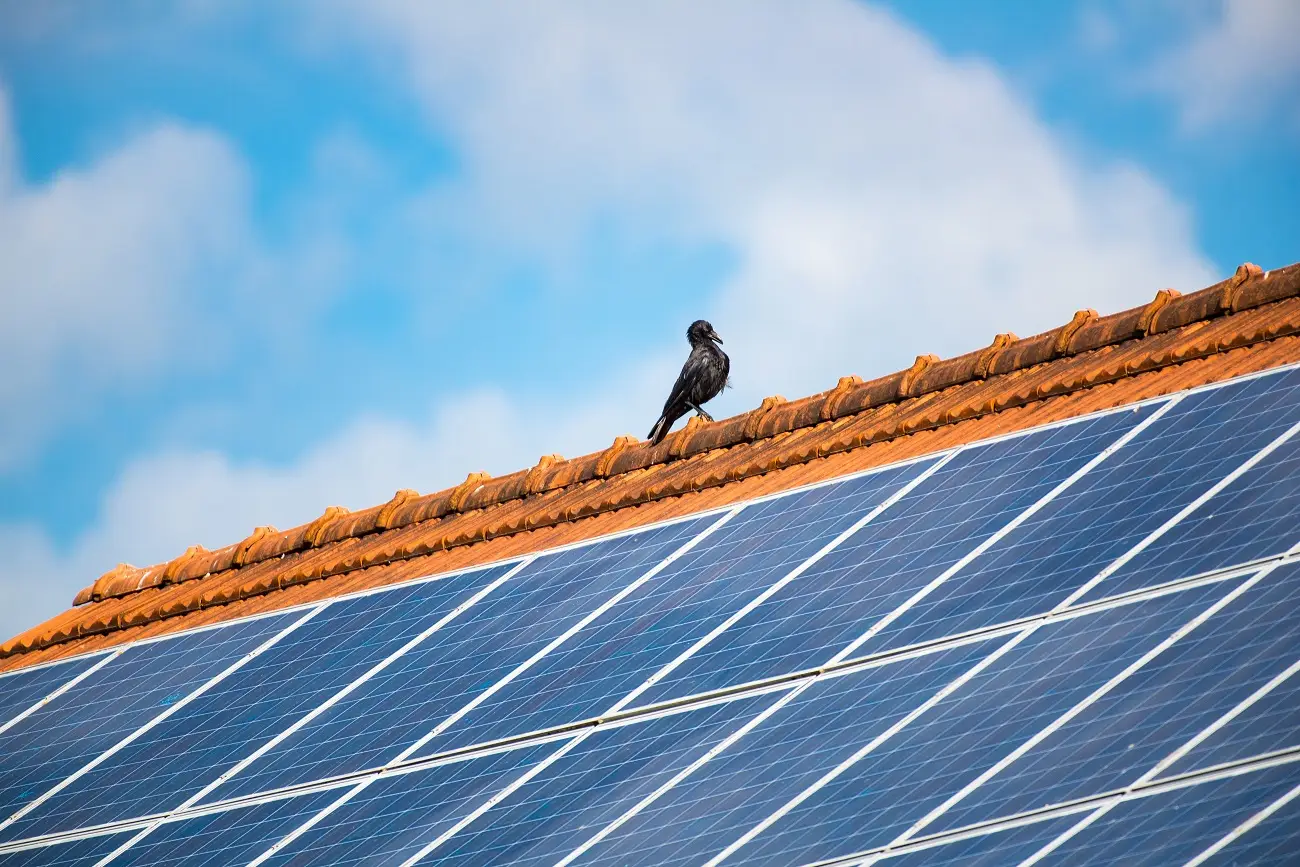Are you considering solar panel installation in New Jersey? Understanding net metering is crucial for anyone thinking about making the switch to solar power. It involves a billing arrangement between the solar panel owner and the utility company, allowing the solar panel owner to receive credit for the excess electricity generated by their solar panels. In this article, our experts at Solar ME will explain net metering, how it works in New Jersey, and how you can sell excess energy back to the grid.
What Is Net Energy Metering?
Net Energy Metering, or NEM, is a utility rate program that allows solar panel owners to sell the excess electricity produced by their solar panels. This concept uses the electric grid as a storage system, allowing homeowners to save money on future energy usage. For instance, rooftop solar panels usually generate the most electricity during the day when the sun is high, but that's when homes use electricity the least. Conversely, electricity is most used at night when solar panels don't generate electricity. Net metering helps offset this imbalance by allowing homeowners to use the solar energy generated during the day at night when needed most.
Homeowners can save on their electric bill expenses by sending unused electricity back through the grid. If a home's solar panels generate more power than needed during a specific period, the excess energy is sent back to the grid to power other homes and provides credits for the homeowner's energy usage.
Net metering was created to encourage more homeowners to adopt solar panels and solar options, and most US states have passed some form of a solar energy credit system. However, these laws and procedures vary by state. For example, New Jersey supports both aggregated net metering, which allows a single customer to offset more electricity from numerous meters, and virtual net metering, which gives solar energy credits to homeowners subscribed to a local solar project.
How Does Solar Power Net Metering Work in New Jersey?

New Jersey mandates all utilities to comply with net metering rules, meaning they must compensate solar owners for excess electricity uploaded to the grid at the one-to-one retail rate. However, to connect your solar energy system to the grid and benefit from net metering, its annual production cannot exceed 100% of your annual electricity usage.
If you end up with excess credits at the end of an annualized period, you'll be compensated at the wholesale electricity rate. This is less than the retail price reflected in your net metering credits.
New Jersey only allows electricity meter aggregation or virtual net metering for solar systems that offset electricity for public entities, such as state and local governments, local agencies, and school districts.
How Do I Sell Excess Energy Back to the Grid in New Jersey?
To sell excess energy back to the grid in New Jersey, you must be a customer of one of the state's electric utility companies and have a renewable energy system, such as solar panels, installed on your property. To make things easier to understand, we've outlined the steps to sell your excess energy to two of the major utility companies in New Jersey:
Selling Your Energy to Public Service Enterprise Group (PSEG)

Public Service Enterprise Group (PSE&G) doesn't have a cap on the number of systems that can subscribe to net metering, but the energy that your solar panels produce must not exceed your annual energy needs. PSE&G is regulated by the New Jersey Board of Public Utilities, and they offer net metering by state mandate, similar to other utilities in the region. Excess energy generated by your solar system is credited at the retail rate, up to 100% of your electricity usage. Any excess credits at the end of one year are credited at the wholesale rate (Locational Marginal Pricing) instead of full retail credit.
PSE&G offers the Solar Loan Program to make owning solar panels affordable. This program finances a large part of the customer’s solar system and provides a payment plan. Residential customers are eligible for 10-year loans that can be repaid with cash or using Solar Renewable Energy Certificates (SRECs). In addition, New Jersey residents have access to New Jersey’s SREC market, which can result in significant additional annual savings.
The interconnection application process depends on your system size. For systems under 10kW, you fall into the Level 1 category; over 10kW falls into Level 2, and special cases requiring special equipment fall into Level 3. PSE&G’s engineering department reviews your application, and within three weeks, you will be accepted or denied. After approval, you must send an approved Uniform Construction Code (UCC) to PSE&G for the installation of your bi-directional meter.
Selling Your Energy to Jersey Central Power & Light (JCP&L)
New Jersey's net metering cap limits net metering to 2.9% of the total annual kWh sold in the state by each electric power supplier during the previous year. This is known as a “trigger” instead of a firm cap. Net excess generation (NEG) results in extra net metering credits applied monthly and at the end of the year. Customers are credited at the full retail rate for each kWh of NEG energy produced up to the total amount of electricity used during that annualized period. Unused credits expire at the end of the year, and any unused credit is added to a customer's account at the wholesale power cost.
JCP&L doesn't have any company-sponsored rebates or incentive programs available for solar panel systems. However, New Jersey residents can learn more about other New Jersey rebates & incentives with EnergySage’s New Jersey Solar Incentives guide.
The interconnection process for JCP&L involves submitting an Interconnection Application Agreement, a One-Line Diagram, and a Site Plan. There is no application fee for Level 1 customers. After approval, installation can begin, and once complete, the customer must submit the Certificate of Completion with the Interconnection Application. JCP&L will then review and approve the installation and final documentation, determine the need for a witness test, authorize system operation, and arrange for the installation of a net energy meter where appropriate. The process for Level 2 and 3 customers is the same, except the interconnection cost for Level 2 is $50 plus $1/kW of the system’s capacity, and the cost for Level 3 is $100 plus $2/kW of the system’s capacity.
Conclusion
Net metering is a beneficial program for solar panel owners in New Jersey as it allows them to receive electricity credits for the excess electricity they generate and feed back to the grid. If you participate in the net metering program, you can reduce your electricity bill and contribute to the state's clean energy goals.
If you're considering installing solar panels on your property, Solar ME is here to help. Contact us to learn more about our solar panel installation services and how you can participate in the net metering program to maximize your savings and contribute to a cleaner, greener New Jersey.
Ready to Go Solar?
We are proud to provide NJ residents with high pristine hassle-free solar solutions. Contact us today!





